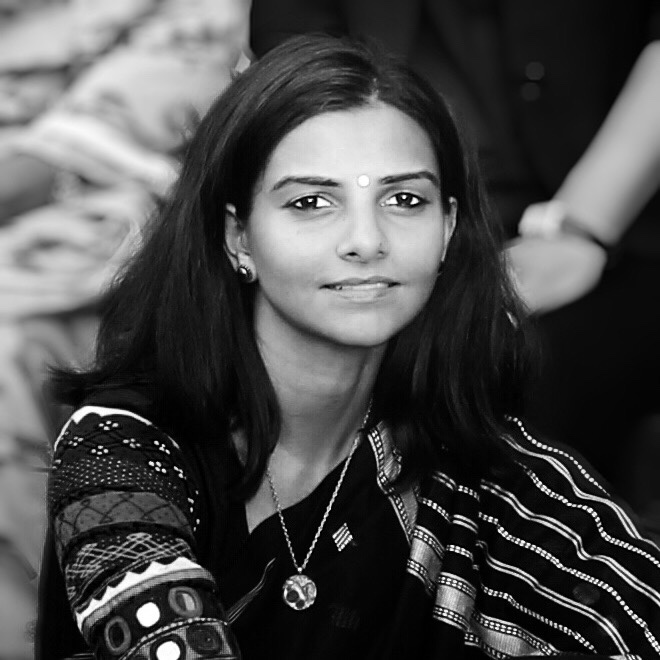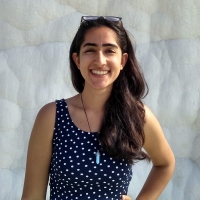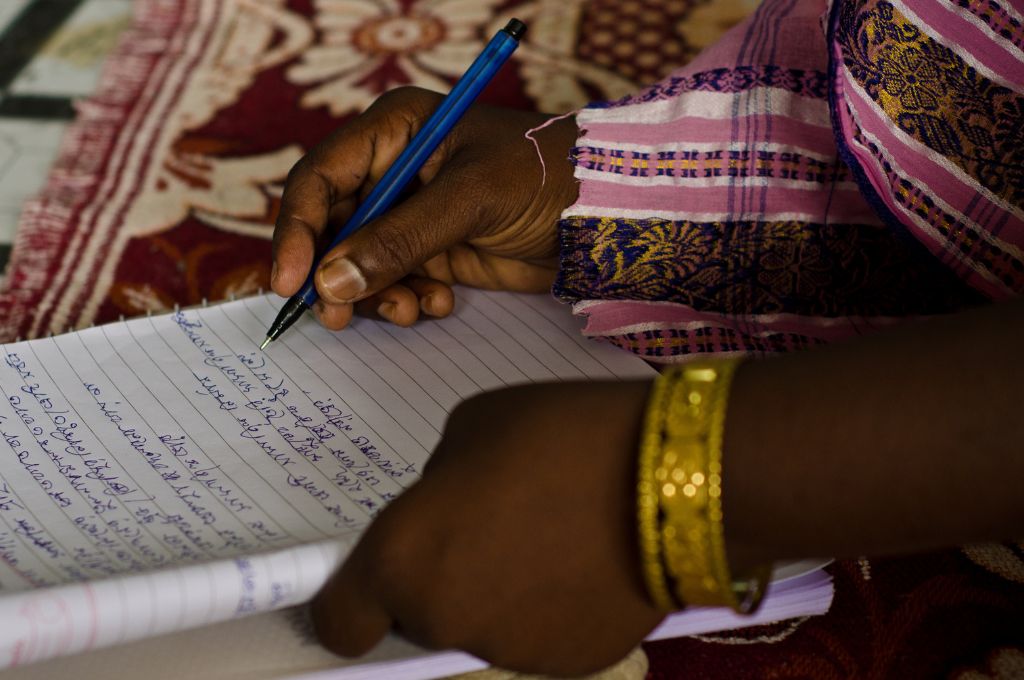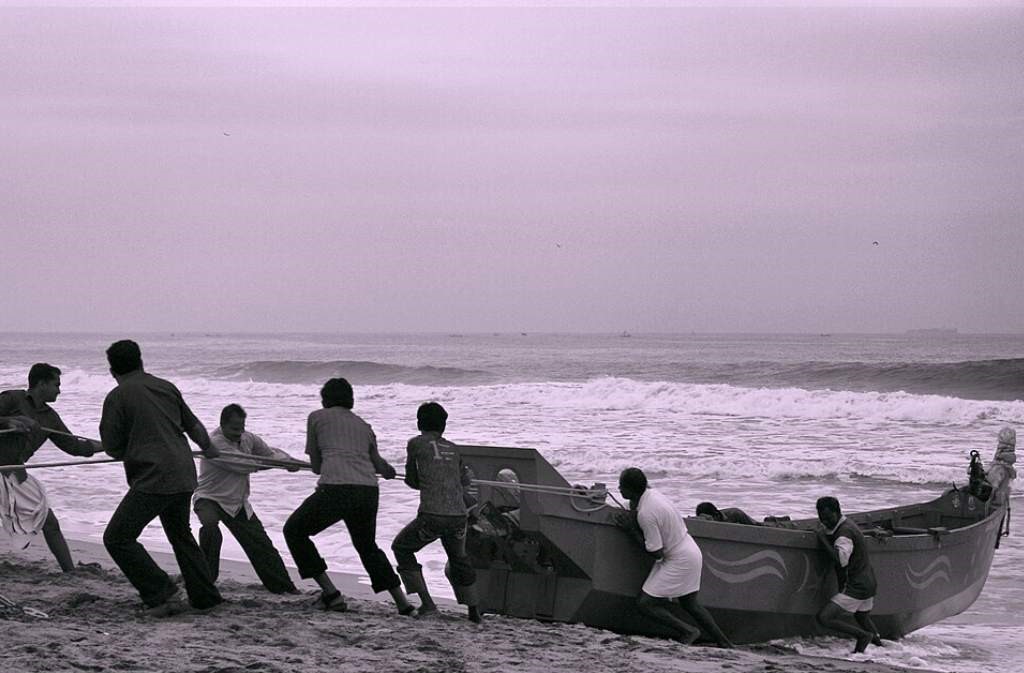Shaheen Mistri is the founder and CEO of Teach For India (TFI), an education-focused nonprofit that gets graduates and young professionals to teach children from marginalised communities. The TFI Fellowship is currently one of the largest in the education sector, with more than 3,400 alumni. Previously, Shaheen founded and led another education nonprofit, the Akanksha Foundation for close to two decades. Over the years, Shaheen has built a strong brand for both organisations, one that is recognised beyond the social sector. This has also enabled her to forge partnerships with a range of institutions, including Times of India, Godrej Industries Ltd, and Thermax Limited.
In this interview with IDR, Shaheen discusses the importance of communicating your vision and learning how to tell stories, and highlights some of the challenges she has faced over the years—from fundraising to issues with talent.
Over the last 13 years, TFI has become one of the most well-known nonprofits in India. Could you tell us about your approach to building an organisation of this scale?
I’d like to start by saying that by heart and nature, I’m a teacher. That’s what I most closely identify with and that’s where a lot of my own leadership style and ideas on leadership have come from. What it takes to be a great teacher in the classroom, and what it takes to be a great leader in an organisation are actually one and the same thing. I see the parallels between the two, and the TFI Fellowship is built on this idea.
What it takes to be a great teacher in the classroom, and what it takes to be a great leader in an organisation are actually one and the same thing.
So, whether it’s a challenging classroom I want to turn around, or an organisation I want to build, for me, the first and most important thing is having a vision and strategy. It is important to have a vision that is really ambitious and really important to you, where you see yourself being able to potentially spend not just one lifetime, but multiple lifetimes in pursuit of that vision.
A big part of what builds a great organisation is being able to answer the ‘why’ of the work you’re doing, how deeply you understand the ‘why’, and your evolving understanding of the ‘why’. Everybody knows that all children deserve an excellent education. But why? What are the stakes for the individual child, for the city, and for the world we live in, if we get that wrong?
And this has to happen not just at the vision statement level, but through finding a way to continuously connect people and their day-to-day actions back to that purpose. So, whether I’m on the technology team working on the website, or whether I’m a fellow in the classroom, how does my work tie into the vision of the organisation?
On the strategy side, our ‘how’ has also evolved a lot. We spend a lot of time thinking about what we’re going to do, in addition to why we’re going to do it.
Related article: Self-inquiry for social change leaders
You mentioned getting people to buy into the vision and live the vision. How does one do this?
I think one part of getting people to connect with the vision is asking the question ‘why’ and then creating spaces for people to establish the meaning of things for themselves. It’s very hard to leave a conversation with a parent of one of the students and not understand the purpose of what you’re doing. Another part is the way you communicate or make people understand the importance of the work they’re doing. For example, do you see your work as teaching math or getting a child’s life out of poverty? Of course, the two are different, and math is just a stepping stone, but is the end goal being kept in mind? A big part of what helps people remember is actually seeing the truth, and being reminded of the truth, even when it’s uncomfortable.
Another key learning is that you can never communicate enough. To take our communities—be it children, fellows, staff, or donors—along in the work we do, we have to communicate with them in a way that is inspiring and compelling; where people actually remember what they need to remember, and don’t get overwhelmed with the details that they don’t need to be a part of.
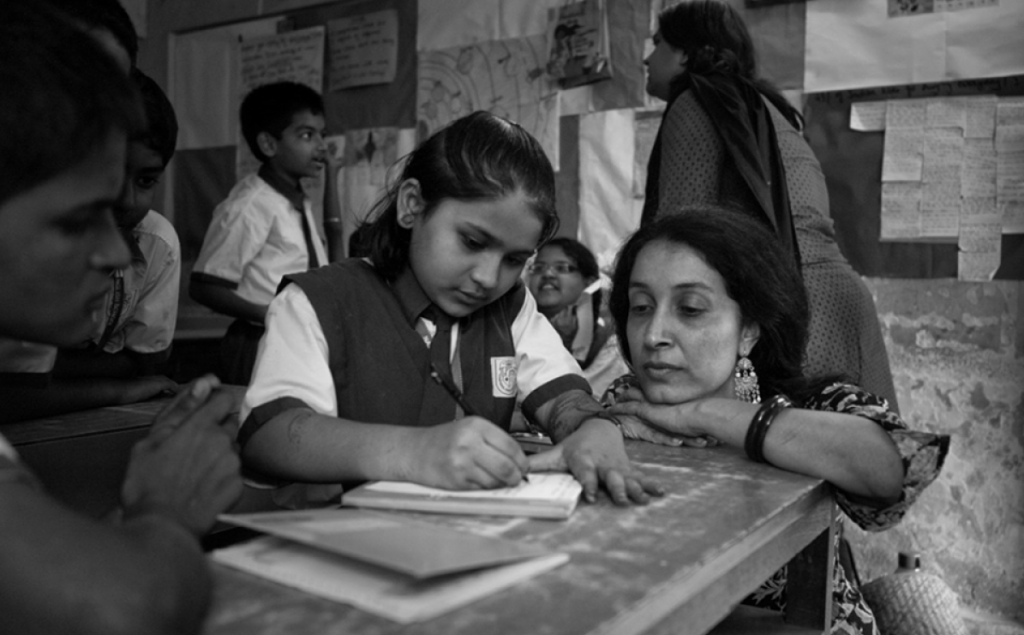
A big part of what builds a great organisation is being able to answer the ‘why’ of the work you’re doing and how deeply you understand the ‘why’. | Picture courtesy: Teach for India/Sunhil Sippy
Both the organisations you founded—Akanksha and TFI—have strong brands outside the social sector. Do you think the way in which you communicate your vision and work has played a role here?
Like I mentioned, you can never communicate enough. The way in which you communicate is also important—and this has been a big learning for me at both Akanksha and TFI. In my experience, learning how to tell stories is a big part of communicating your vision.
Another interesting evolution for me was moving away from thinking that people are doing you a favour by giving you something, to actually saying, ‘I’m giving you an opportunity to change India.’ And it took me a long time to make this shift.
Initially, I used to feel quite embarrassed to ask for money; I would tell people our overall budget and ask them to give whatever they could. Now, I get them to picture what the money can do. Even if our overall budget is USD 10 million dollars, look at what this money is doing.
I often say that the most accurate depiction of my job, especially in the first 10 years of building both organisations, was to be a professional beggar. To go and ask people for things while acknowledging that nine times out of 10 people will say no, and that’s okay. This meant going into the Times of India office to say, ‘Hey Times of India, here’s YOUR opportunity’. I’m giving you the opportunity to be part of this.
What are some of the challenges you’ve faced while growing the organisation? Especially while transitioning from a small organisation to one with a national footprint.
Like every organisation, we’ve faced many challenges and breakdowns over the years. Initially, we were so focused on growing as fast as we can and establishing proof of concept, that we didn’t stop to think whether our systems were strong enough to support our growth. Given the scale of the problem [of education inequity] that we are trying to solve, I don’t think we have been able to give our fellows the support they need.
And to some extent, this is one of the biggest challenges we continue to face to this day. For instance, how does a 23-year-old fellow, alone in a school, respond to a child who is going through a really traumatic life event? Neither we, nor the schools we work with, are equipped to deal with such issues, and it’s really hard, because we’re so out of our depth there.
Since the work we do in the social sector is so complex, hiring people who have both the passion and value, and the skillset for it is very challenging.
And since the work we do in the social sector is so complex, hiring people who have both the passion and value, and the skillset for it is very challenging. I’ve found that it never works when you hire for one or the other. We’ve tried both and it doesn’t work. Especially when an organisation gets to a certain size, passion and values are just not enough. You need technical skills; you need people who not only have the desire to do good, but also the ability to do good. To build a successful organisation, you have to be meticulous in the hiring of your team.
Related article: Learning to be a better, braver leader
More recently, we have faced significant challenges with recruitment and funding. Over the last few years, our recruitment numbers have plateaued. Though we’re consistently bringing in a group of 500 new fellows every year, we’ve not been able to move beyond that, and we’re not sure why. The second big challenge is funding, and I think that is because the number of nonprofits have grown significantly, making the funding ecosystem more and more competitive.
I think one of the key inflection points for us, as an organisation, was during the #MeToo movement. Before that, we operated with a very high level of trust and idealism, almost to a fault. And so, we never thought that something like this would happen in our community. In retrospect, it was extremely naïve of us to think that we’re somehow different from the system we’re part of.
Organisations, when you get inside them, are so deeply imperfect because people who work in them are also deeply imperfect. Since then, we’ve had a lot of learnings around what it means to keep our people truly safe and how we should plan for situations like these.
Today we know that leadership at all levels of the system is what we need to take all children on a journey to their fullest potential, it is with this hope that all of us work towards our vision and mission for an equitable India.
Smarinita Shetty contributed to this article.
—
Know more
- Read this article from the Stanford Social Innovation Review on the role of brand in the nonprofit sector.
- Explore this guide to branding in the social sector.

